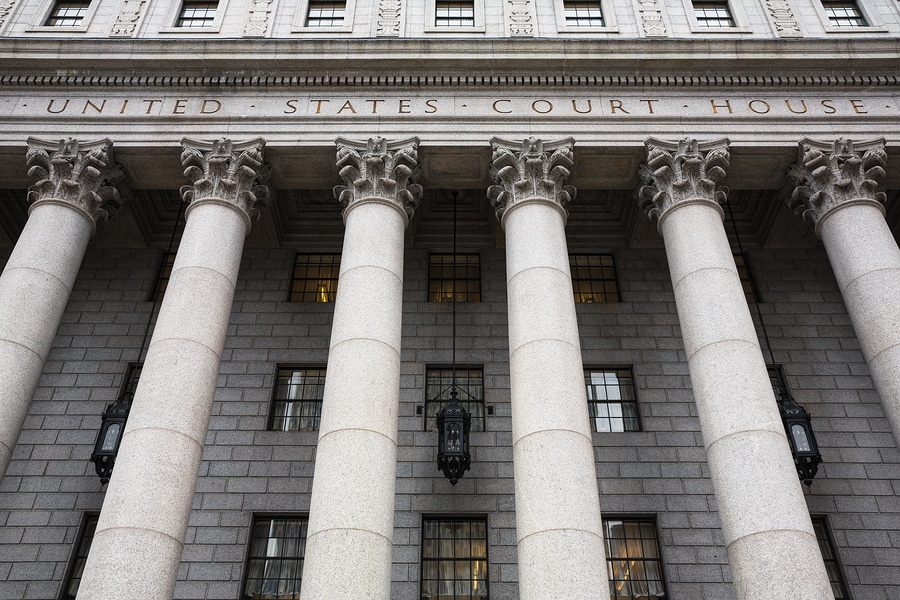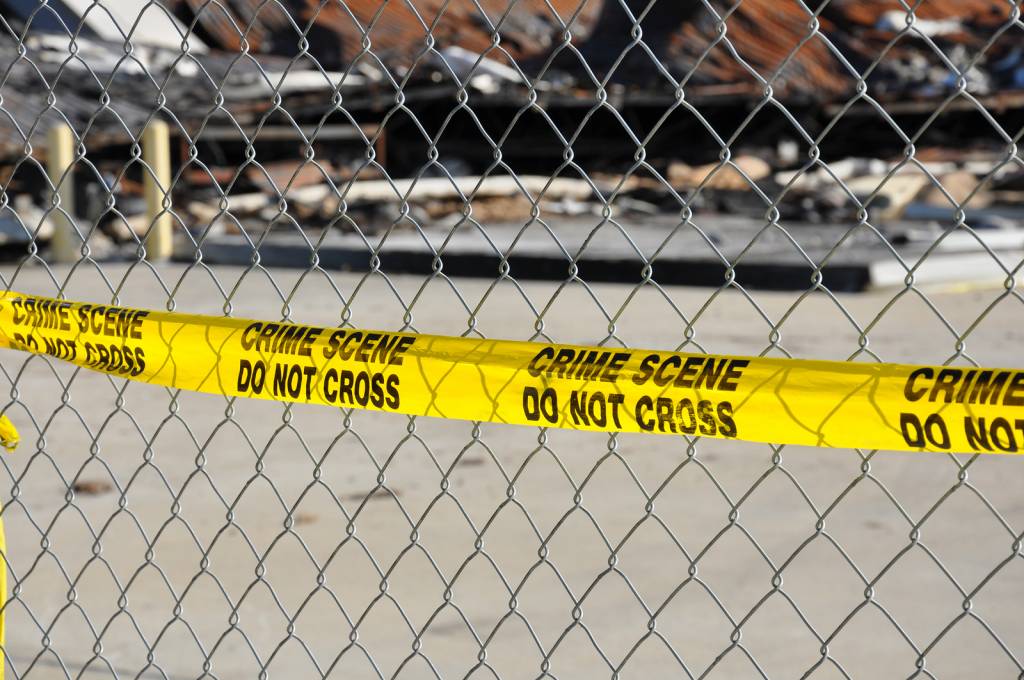You probably know that a conviction for DUI (driving under the influence) in California entails harsh legal consequences. You probably also know that if you are charged with DUI in southern California, you must be defended by the right Los Angeles DUI attorney.
A first DUI conviction can be penalized with a stiff fine, probation, a driver’s license suspension, alcohol education classes, and for some offenders, time in jail. But in most circumstances, a DUI charge is a misdemeanor in California, and a convicted offender will not serve time in prison.
When is a driving under the influence charge prosecuted as a felony in this state? In other words, what turns a charge that is typically a misdemeanor into a felony – with the possibility of a lengthy prison term if the defendant is convicted?
If you’ll keep reading, you’ll learn the answer to that question, and you’ll learn what steps you must take to defend yourself if you are charged with felony DUI.
What Are the Standard Penalties for a First DUI Conviction?
In California, provided that a defendant who is charged with DUI has not caused an injury or a fatality, the first three DUI charges within a ten-year period are misdemeanors.

If there are no aggravating circumstances that require an enhanced penalty, the punishments for an adult who is convicted of a misdemeanor first-offense DUI in California may include:
1. up to six months in jail
2. a fine ranging from $390 to $1000
3. probation for three to five years
4. participation in alcohol education or treatment for three to nine months
5. a driver’s license suspension ranging from six to ten months
6. installation of an ignition interlock device (IID) in the offender’s vehicle for six months
What Are the Standard Penalties for a Second DUI Conviction?
If there are no aggravating circumstances, the penalties for adults who are convicted of a misdemeanor second-offense DUI within ten years of a first conviction may include:
1. up to one year in jail
2. probation for three to five years
3. a fine ranging from $390 to $1000
4. attendance at a California DUI school for eighteen to thirty months
5. court-ordered IID installation for one year
What Are the Penalties for a Third DUI Conviction Within Ten Years?
1. up to one year in jail
2. probation for three to five years
3. a fine ranging from $390 to $1000
4. completion of a thirty-month DUI education program
5. designation as a “habitual traffic offender” by the Department of Motor Vehicles
6. IID installation for two years or a three-year driver’s license suspension
When Are Misdemeanor DUI Penalties Enhanced?
A misdemeanor DUI sentence in California can be enhanced – that is, harsher – when a defendant is convicted of a first, second, or third DUI offense and:
1. measured a blood alcohol content (BAC) level at or above 0.15 percent
2. declined to take a breath, blood, or urine test for DUI
3. had a passenger under the age of 14
4. caused a bodily injury or traffic accident
5. drove 20 mph above the limit on a surface street or 30 mph above the limit on a freeway
A sentencing enhancement for a misdemeanor DUI conviction may be a lengthier jail term, a higher fine, or a longer license suspension, but the DUI enhancement for speeding is a mandatory sixty additional days in jail.
What If the Charge is DUI With Injury?
DUI with injury is a “wobbler” charge in California, which means the charge may be prosecuted as either a felony or as a misdemeanor at the discretion of the prosecutor.

When making that choice, prosecutors consider the details of the DUI incident and the defendant’s criminal record. If a defendant is convicted of misdemeanor DUI with injury, the penalties may include:
1. up to a year in jail
2. probation for three to five years
3. a fine ranging from $390 to $5000
4. alcohol education classes for up to thirty months
5. monetary restitution to any injured parties
6. IID installation for six months or a one-year driver’s license suspension
If a defendant is convicted of felony DUI with injury, the penalties may include:
1. a prison term of up to ten years, and possibly more if the injuries were severe
2. a fine ranging from $1,015 to $5,000
3. up to thirty months in an alcohol or drug treatment or education program
4. habitual traffic offender status
5. IID installation for up to three years or a license suspension for the same length of time
6. restitution to any injured parties
What Else May Constitute Felony DUI?
If you already have three DUI convictions, and you are charged with DUI a fourth time within a ten-year period, you will be charged with felony DUI. The penalties for a felony DUI conviction may include up to three years in a California State Prison, along with other penalties.

If you are responsible for someone’s death as a result of driving under the influence, you may face the most serious DUI charge in California, which is “gross vehicular manslaughter while intoxicated.” The penalties for a conviction include a prison term of up to ten years.
“Vehicular manslaughter while intoxicated” is defined similarly, except that in these cases, the defendant is accused of acting with “ordinary” negligence rather than gross or egregious negligence.
Vehicular manslaughter while intoxicated is a wobbler charge. A misdemeanor conviction for vehicular manslaughter while intoxicated can send the offender to jail for up to a year. A felony conviction may be penalized with up to four years in prison.
The Most Tragic Kind of DUI Charge
California is one of the states where you can be found guilty of murder – second-degree murder – if you cause another person’s death because you are driving under the influence. In the Los Angeles area, if you are charged with DUI or any DUI-related offense, arrange at once to speak with an experienced Los Angeles DUI lawyer. When a DUI in California results in a fatality, the driver will probably face one of three felony charges: second-degree murder, gross vehicular manslaughter while intoxicated, or vehicular manslaughter while intoxicated. If you are convicted on one of these charges, time in prison is almost certain, but to be convicted of second-degree murder in a DUI case in California, a prosecutor must prove that the crime included three elements:
- That the death was the result of the suspect’s intentional act.
- That the natural consequences of that act are dangerous to human life.
- That the suspect knowingly acted with a conscious disregard of those consequences.
A conviction for D.U.I. second-degree murder does not mean that you consciously intended to kill someone. Rather, it simply means that you acted with “implied malice,” a conscious disregard for other persons’ lives. California law makes a distinction between “malice” in a D.U.I. second-degree murder case and “gross negligence” in a D.U.I. vehicular manslaughter case. Second-degree murder requires malice, while manslaughter requires only a “conscious indifference to the consequences” of your actions.
Of course, no one in California wants to be found guilty of any D.U.I. charge. The best solution – as everyone knows – is to avoid drinking alcohol entirely if you’re going to be driving, even if you just have a sip. If you are facing a D.U.I. charge now or in the future in the Los Angeles area – whether it’s a first-offense misdemeanor or a serious felony offense with injuries or fatalities, you’re going to need legal help as quickly as possible, so don’t wait. Call an experienced Los Angeles DUI lawyer at once.
The Other Victims Of Driving Under the Influence
A DUI tragedy out of central Florida recently made national news when one of nine children in a van died near Bradenton because the woman driving the van was reportedly intoxicated. In another story, a 31-year-old woman in Kansas was arrested in February for her fifth D.U.I., but it’s the fourth time she’s been charged for DUI with children in her vehicle. It’s bad enough to drive under the influence of drugs or alcohol, but when you do it with children as passengers, it’s considerably worse. If you’re convicted of D.U.I. in California, and you have one or more children in your vehicle, you’ll receive additional punishment – an “enhancement” – with your DUI sentence.
However, if you’re accused of DUI in the Los Angeles area, remember that a charge is not the equivalent of a conviction, and the state still must prove your guilt beyond a reasonable doubt. Contact an experienced Los Angeles DUI lawyer for the legal help and defense representation you are very much going to need after a DUI arrest. If you are convicted for a misdemeanor DUI and a child under age 14 is in your vehicle, you will serve not only your DUI sentence but an additional 48 hours in jail if it’s your first DUI offense, and an additional ten days in jail if it’s your second DUI offense. Subsequent offenses result in longer jail terms.
The typical DUI offender is a regular person who hasn’t hurt anyone in spite of making a poor choice to drive while intoxicated. However, if you’re looking at a fifth or sixth D.U.I. – or if you regularly drink, drive, and bring your kids along – you may need medical treatment for alcohol dependency. If you’re a parent, it’s no longer about you – it’s about your children. Vast resources are available in Los Angeles – for those at every income level – to help you deal with substance abuse and its consequences. If you’re charged with D.U.I. in Los Angeles, call an experienced Los Angeles DUI lawyer at once, but if you need medical or psychological treatment for alcohol dependency, seek help immediately.
What Are the “Extra-Legal” Penalties for DUI Convictions?
In addition to the criminal penalties listed here, every DUI conviction also entails extra-legal penalties. Your auto insurance rates will go up. You may have difficulty keeping or finding employment – especially if your work involves driving.
If you hold a professional license, a DUI conviction may trigger disciplinary action by your professional licensing board. If you are an immigrant in California, a DUI conviction could lead to a deportation hearing.

Like any criminal charge, you cannot be convicted of a DUI charge unless the state proves your guilt beyond a reasonable doubt. The right southern California DUI lawyer will fight for your acquittal. Your criminal defense attorney may challenge the DUI test results or the arresting officer’s testimony.
If an acquittal is not possible, your attorney may be able to have the charge reduced or arrange for alternative sentencing, which could include community service and/or electronic monitoring. In any event, a good Los Angeles DUI attorney will bring your case to its best possible outcome.









